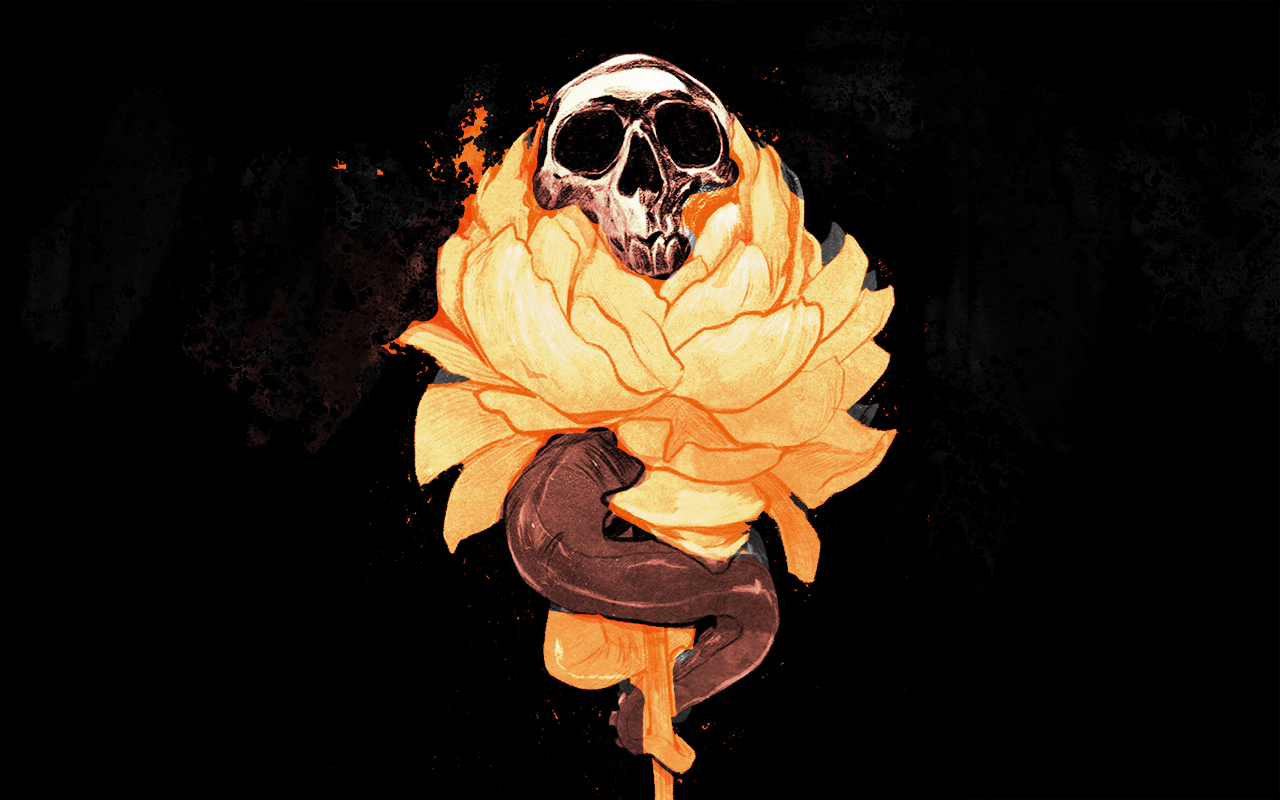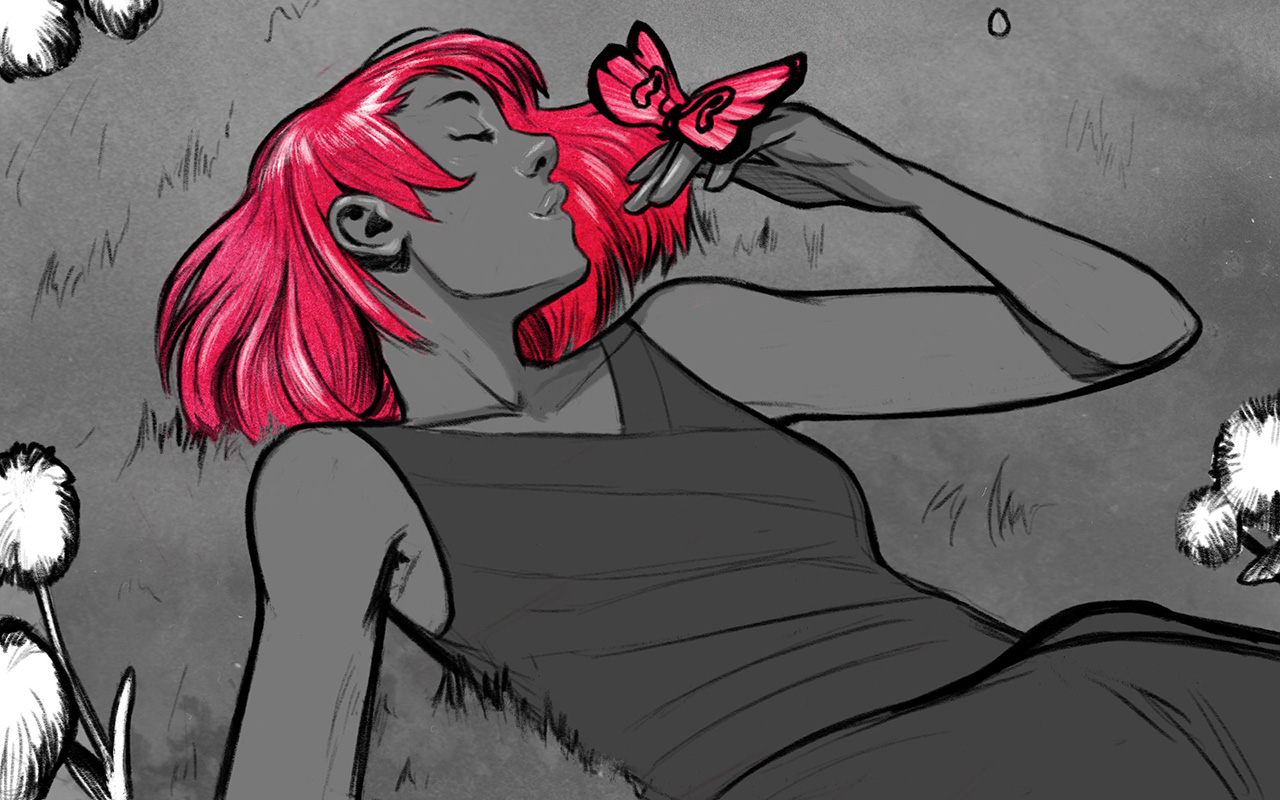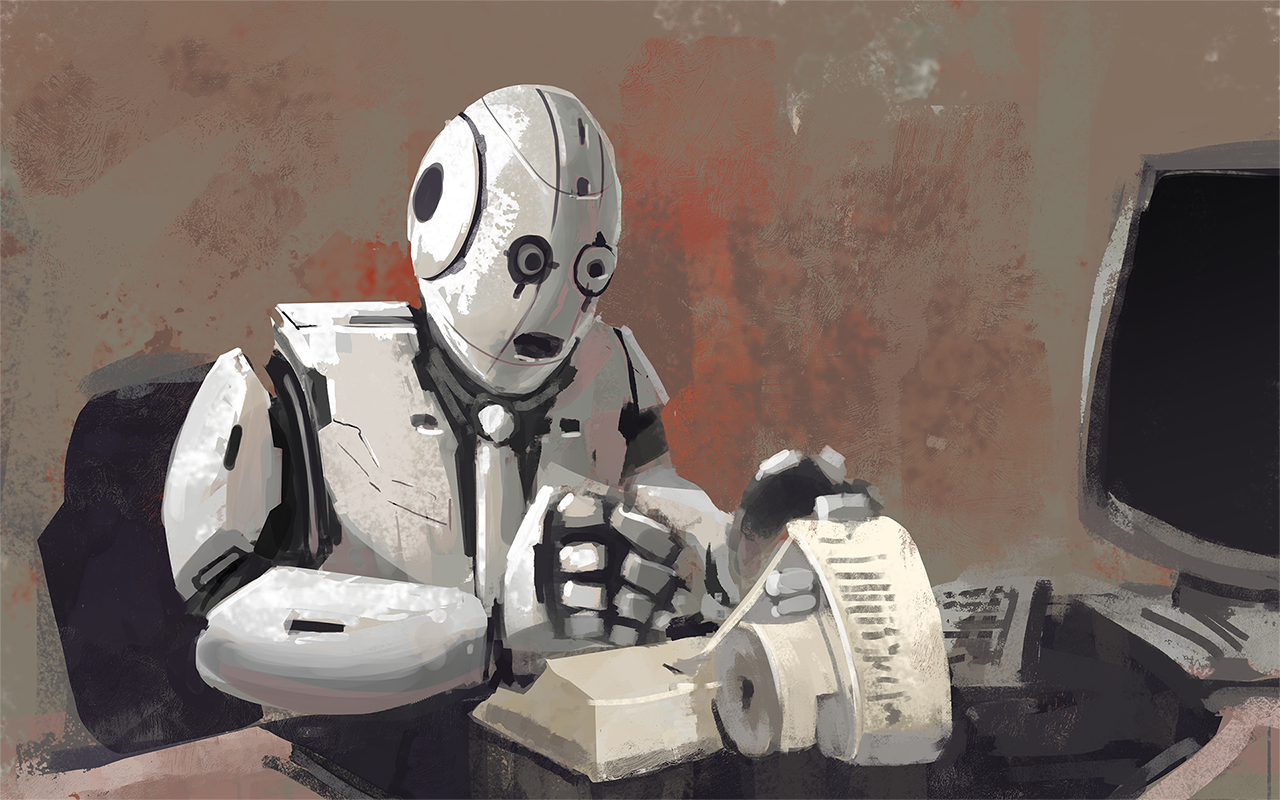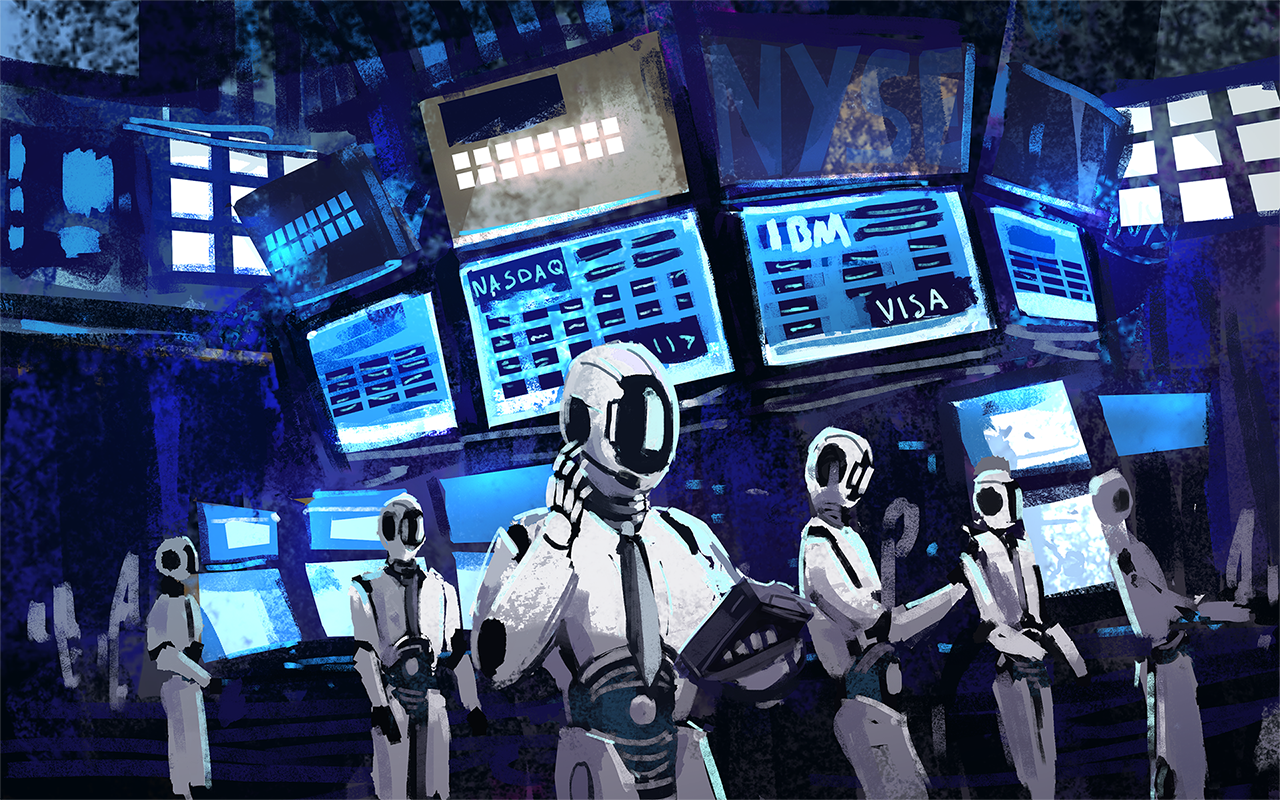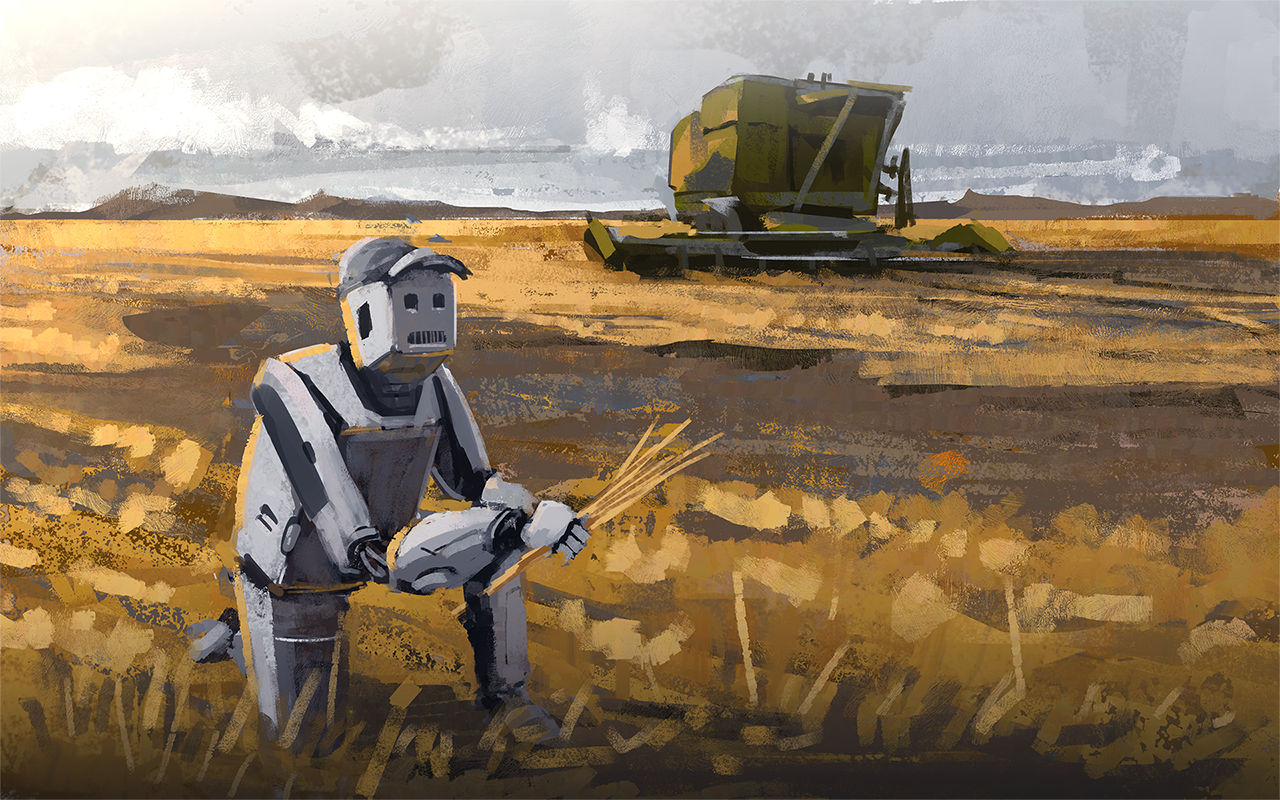In business and in life, we all spend a lot of time with people, lots of different types of people. Some are very, very great, like giants from legend while others are so very small that you might mistake their particular accomplishments as insignificant. Each and every one are, however, fundamentally the same template from chemical composition, psychological configuration, and biologically predisposed to peak and degrade within specific tolerances. Everyone navigates through life, trying to find their way before the clocks strikes midnight.
What is amazing about all this sameness is, everyone’s journey is an unfathomable amalgamation of distinct variables, constraints, and choices. None of us live identical lives and none of us react to the same stimulus in the same fashion, therefore, our experiences are completely unique.
Giants and specs-of-humans alike need the occasional helping hand, even if, at times, it is the back-end of a hand.
On the professional side, there’s no lack of data with respect to career development. Go internet for yourself and find endless statistics like 70%-80% of employees at any given company would rather be doing something else; that between 30-40% of them blame the lack of career progression for the rut in their life; or nearly 40% of managers admit to having no clue what their direct reports career goals are or should be. Clearly, expecting the system to take care of you might be a stretch.
As the title goes, I've selected 3 words for this post's primary ingredients, so let's see what classic alliteration can cook up.
MENTOR – an experienced and trusted adviser.
Mentorship is pretty awesome.
It is regarded as an essential part of personal and professional development by many high-achievers. I'm not a high-achiever, but am a strong advocate of it too. Had it not been for other people graciously nudging me along the way, I can only imagine my path would have been much lonelier and darker.
There is plenty of good advice on mentoring, which is useful because being a good mentee and/or finding the right mentors can be a challenging sort of dating scene. Here are 3 articles that I feel provide useful insights... I have summarized key points for you convenience:
10 Reasons Why a Mentor Is a Must, Inc. Magazine, Jan 9, 2016
1) Mentors provide information and knowledge
2) Mentors can see where we need to improve where we often cannot
3) Mentors find ways to stimulate our personal and professional growth
4) Mentors offer encouragement and help keep us going
5) Mentors are disciplinarians that create necessary boundaries that we cannot set for ourselves
6) Mentors are sounding boards so we can bounce ideas off them for an unfiltered opinion
7) Mentors are trusted advisers
8) Mentors can be connectors
9) Mentors have the experience you can learn from to prevent making the same mistakes as beginners make
10) Mentors are free, which makes them priceless in more ways than one.
8 Successful People Share How To Find A Mentor, Fast Company
1) It’s about the person, not their position
2) Don’t always expect a relationship - Mentors come in all different forms
3) Instead of insisting on coffee or dinner meetings, be flexible
4) In addition to looking up for mentors, look to your right and left
5) Your mentor usually find you (not the other way around)
6) Don’t always look for someone you like
7) Don’t ask a CEO for the roadmap - ask for advice on how to navigate
8) Remember to give and Take - Don’t be a greedy mentee
9) Mentorship is not a life vest
Mentorship Is Key To Career Success For Young Professionals, Forbes
1) Don’t be afraid to seek out mentorship
2) Learn to recognize the accelerators in your life
3) Remember that mentorship is a two-way street
MUSE – a person or personified force who is the source of inspiration.
The term is most often used in connection with artists and creative endeavours, but it is equally valid in any professional context. I’m a huge fan of this type of motivation because there is an intangible chemistry about it. It is distinctly human, emotional, and even magical in that such forces can even exist.
I’ve often been impressed by the symbiotic relationships that form among musicians, actor, director and even startup collaborators. In a land where we have such bounty of exceptional and generically over-qualified professionals, it can be these kinds of emotional connections that swoop in for the win.
In business, there are many stigmas with following the heart, yet so much success is reliant on irrational passion, tenacity, and conviction to believe in impossible things. Muses are there to inspire, to be the catalyst of wonderful ideas and outcomes that would otherwise not happen.
Being or finding a muse is certainly more difficult than that of a mentor. By definition, a muse is a rare and special thing, practically mythical. It is, however, not pointless to aspire for such intimate and powerful human connection. I can tell you from experience, that forming these types of working relationships is real and it empowers doing amazing, if not impossible, things.
1) Inspiring others is, in itself, inspiring
2) It doesn't have to last forever to be terrific
3) You don't need credentials to be this kind of awesome
MONSTER – an imaginary creature that is typically large, ugly, and frightening.
In writing this, I must confess, that despite having great mentors and muses in my life, I actually think it is the monsters that have contributed most significantly to my professional development. As Newton’s 3rd law states, for every action, there is an equal and opposite reaction.
1) You are going to fall, a lot
2) You will be repeatedly told the things you cannot do
3) Scary things trigger urgency
4) There are a lot of dicks out there; so much so that it’s quite possible the world probably can’t function without them
With these sorts of things in mind, we should all make extra effort to find ways to exploit these abundant resources for positive gain.
After all, mentors are hard to find and when you have them, there is no guarantee they won’t steer you wrong; muses can become a crutch or the magic can simply evaporate or turn sour… but with monsters, it’s all pretty straight forward; expect obstruction, demoralization, and disappointment as default. Knowing shit is fucked up and people are assholes can be liberating...
This is the stuff quality anti-role-models are made of! How else are you supposed to know what not to be like until you have experienced it first hand?
ME – by that, I mean you as well as me.
In the end, you are the only constant in the equation – It’s your life and yours alone. Whatever ratio of mentors, muses and monsters you manage to collect (or whether you get it all rolled up into a single brilliantly psychotic person), it comes down to how you choose to apply these influences and derive meaning into your career and life.
The secret is simple: *Find out which really motivates you most (or least)
Mentors, Muses, Monsters and Me
Illustrations by Nimit Malavia










